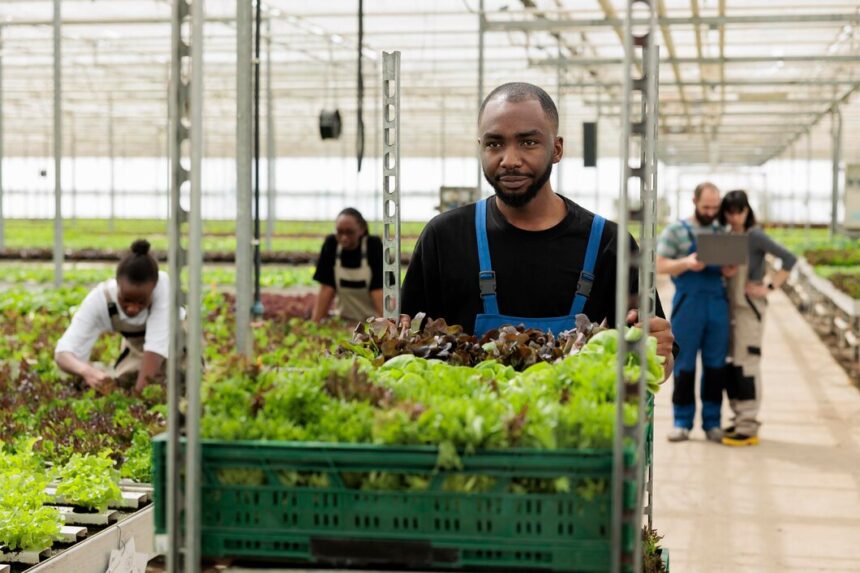Community-based agricultural projects play a crucial role in fostering sustainable development, food security, and economic empowerment within South Africa. These initiatives not only enhance local food production but also create employment opportunities and strengthen community bonds. Here are ten effective ways to develop and sustain community-based agricultural projects in South Africa:
- Identify Local Needs and Resources: Begin by conducting a thorough assessment of the community’s needs and available resources. This includes evaluating land availability, water access, climate conditions, and existing agricultural knowledge among community members.
- Form Community Committees or Groups: Establishing community committees or groups dedicated to agriculture ensures collective decision-making, accountability, and shared responsibility. These groups can oversee project planning, implementation, and monitoring.
- Provide Training and Education: Offer training workshops and educational programs on sustainable farming practices, crop diversification, soil management, and pest control. Empowering community members with relevant skills enhances productivity and resilience.
- Promote Water Conservation Techniques: Given South Africa’s variable climate and periodic droughts, promoting water-efficient irrigation methods such as drip irrigation or rainwater harvesting is essential. This conserves water and ensures crops receive adequate moisture.
- Encourage Organic Farming Practices: Emphasize the benefits of organic farming techniques, including composting, natural pest control, and avoiding synthetic chemicals. Organic farming promotes environmental sustainability and produces healthier crops.
- Facilitate Access to Market Channels: Help community farmers access local markets, supermarkets, restaurants, and farmer’s markets. Developing partnerships with buyers and distributors ensures a steady income stream and market stability.
- Establish Cooperative Models: Foster cooperative structures where farmers pool resources, share equipment, and collectively market their produce. Cooperatives strengthen bargaining power, reduce costs, and enhance community cohesion.
- Utilize Technology and Innovation: Introduce modern agricultural technologies such as mobile apps for weather forecasting, online market platforms, and automated irrigation systems. These innovations streamline operations and improve productivity.
- Promote Gender Equality and Youth Involvement: Ensure equitable participation of women and youth in agricultural projects by providing tailored training, leadership opportunities, and access to resources. Diverse participation enriches project outcomes and fosters inclusivity.
- Monitor Progress and Evaluate Impact: Implement a robust monitoring and evaluation framework to track project outcomes, assess challenges, and celebrate successes. Regular feedback loops enable continuous improvement and informed decision-making.
Developing community-based agricultural projects in South Africa requires a holistic approach that considers local contexts, sustainable practices, and community involvement. By focusing on education, empowerment, and resource management, these projects can contribute significantly to food security, economic development, and social cohesion within communities across the country. Through collaboration and innovation, South Africa can nurture thriving agricultural initiatives that benefit both present and future generations.
Join 'Farmers Mag' WhatsApp Channel
Get the latest Farming news and tips delivered straight to your WhatsApp
CLICK HERE TO JOIN






